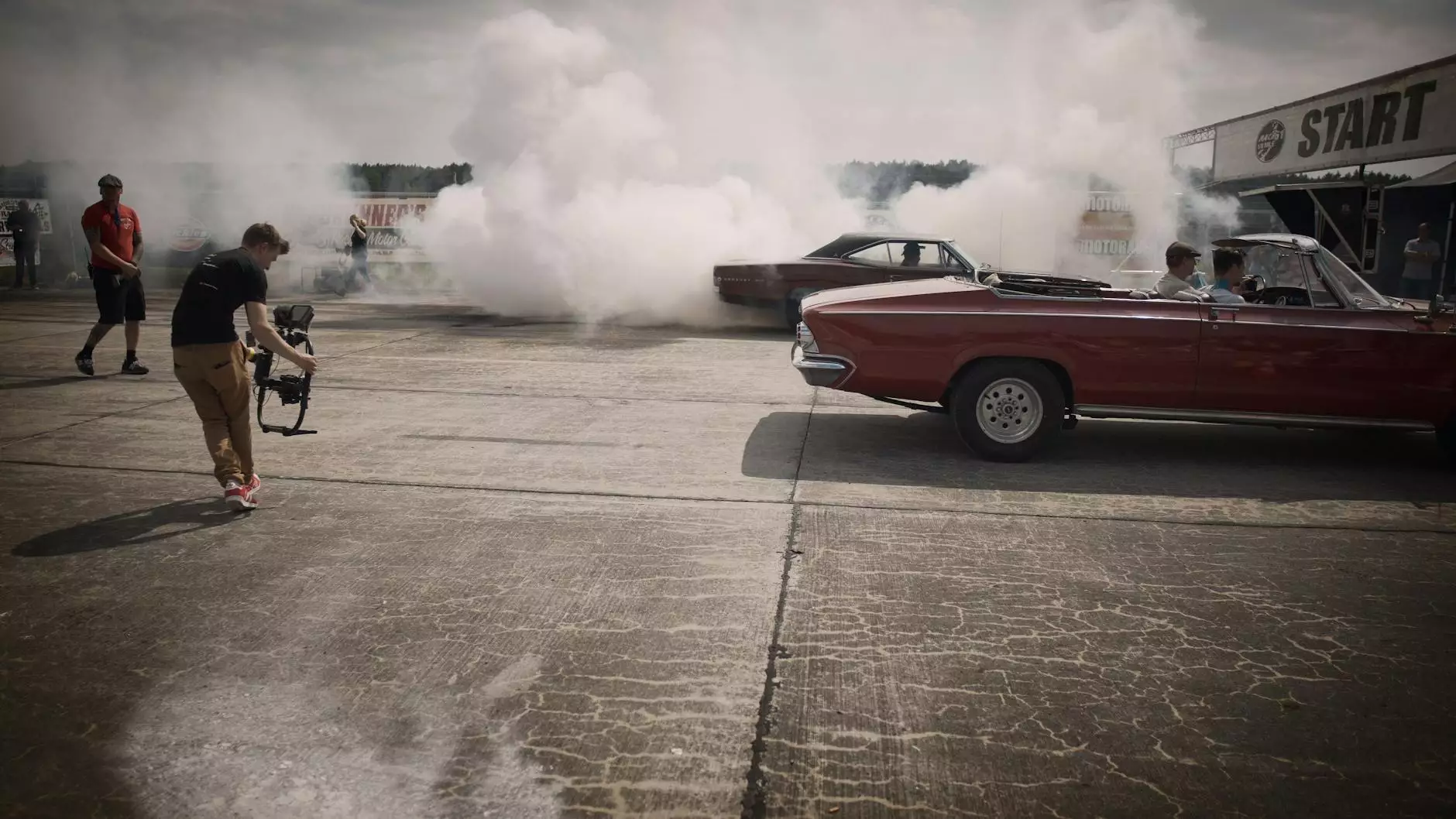What Happens to a Personal Injury Lawsuit If the Victim Dies?
Personal Injury Law
When a personal injury lawsuit is filed, there are many important aspects to consider. One crucial factor, often overlooked, is what happens if the victim unfortunately passes away during the legal proceedings. This can have significant implications for the lawsuit, the compensation, and the parties involved. In this comprehensive guide, we will explore the various scenarios and shed light on the legal procedures that come into play when the plaintiff dies.
The Impact on the Compensation
When a personal injury lawsuit reaches a settlement or goes to trial, the compensation awarded is typically based on the damages suffered by the victim. These damages can include medical bills, lost wages, pain and suffering, and more. However, if the victim dies before the case is concluded, the compensation structure can undergo changes.
One possible scenario is that the compensation awarded can be reduced. The rationale behind this is that the deceased victim no longer requires financial support for medical treatment, lost wages, or pain and suffering. The focus shifts to compensating the victim's family for the economic and emotional loss resulting from the wrongful death.
Another aspect to consider is the potential impact on punitive damages. Punitive damages are awarded to punish the defendant for their negligence or intentional misconduct. If the victim dies, pursuing punitive damages becomes more challenging. However, it is not impossible, and the court may still award punitive damages based on the circumstances surrounding the case and the defendant's conduct.
Role of the Deceased Person's Estate
When a personal injury lawsuit involves a deceased plaintiff, their estate becomes a crucial element in the legal proceedings. The estate refers to the deceased person's assets, liabilities, and everything they leave behind after passing away. The estate is represented by an executor or an administrator who acts on behalf of the deceased person and their beneficiaries.
In the context of a personal injury lawsuit, the estate can continue the legal proceedings initiated by the deceased victim. This means that the executor or administrator takes over as the plaintiff and represents the interests of the surviving family members or beneficiaries, who may include the spouse, children, or other dependents.
The executor or administrator also plays a vital role in managing the compensation received through settlement or trial. They are responsible for handling the funds and distributing them to the appropriate parties, following any court orders or legal requirements.
Compensation Distribution to Beneficiaries
When a personal injury lawsuit involves a deceased plaintiff, determining how the compensation is distributed becomes a critical issue. The distribution of the compensation depends on several factors, such as whether the deceased person had a valid will, state laws regarding intestate succession, and any applicable court orders.
If the deceased person had a valid will, it usually outlines how their assets, including any compensation received from a personal injury lawsuit, should be distributed. The court would follow the instructions in the will unless there are legal challenges or disputes raised by interested parties.
In the absence of a valid will, state laws come into play. Each state has its own laws that dictate how the deceased person's assets, including compensation, should be distributed among their surviving family members. These laws typically prioritize spouses, children, and other close relatives, ensuring they receive a fair share of the compensation.
Legal Proceedings and Timelines
Given the complexity surrounding personal injury lawsuits involving deceased plaintiffs, the legal proceedings and timelines can be affected. Additional steps may be required to address the change in circumstances and ensure proper representation of the deceased person's estate.
One such step is obtaining court approval for the appointment of the executor or administrator to represent the estate in the lawsuit. This may involve submitting legal documents, appearing in court, and providing evidence to support their selection. Once appointed, the executor or administrator can proceed with the lawsuit on behalf of the estate.
It is important to note that the timelines for personal injury lawsuits involving deceased plaintiffs may differ from those without such circumstances. The court may grant extensions or modify deadlines to accommodate the necessary legal processes following the victim's death.
In Conclusion
When a personal injury lawsuit takes an unexpected turn with the victim's passing, understanding the impact on the legal proceedings, compensation, and beneficiaries becomes crucial. By exploring the scenarios discussed here and consulting with experienced legal professionals, such as James D Jones, you can navigate the complexities and protect your rights in these challenging situations.









